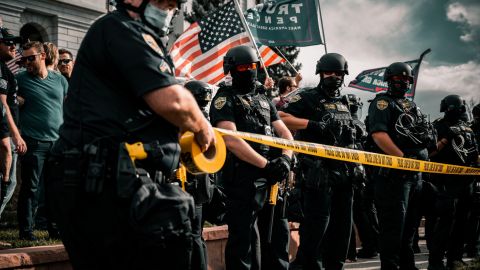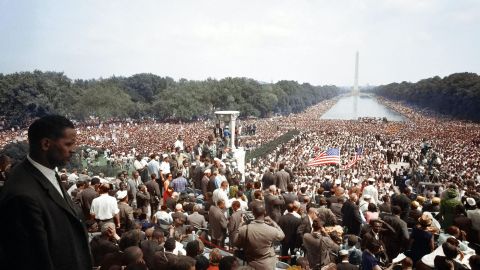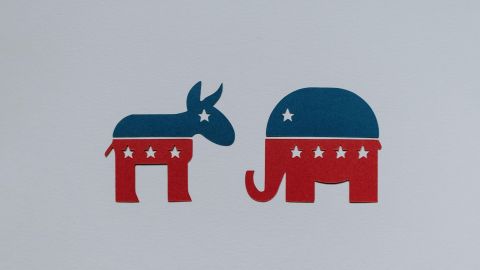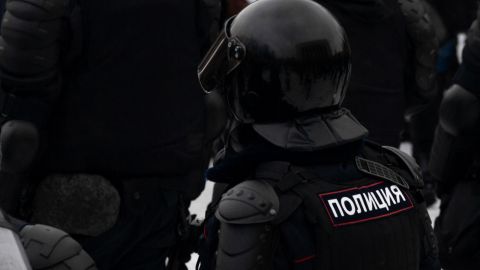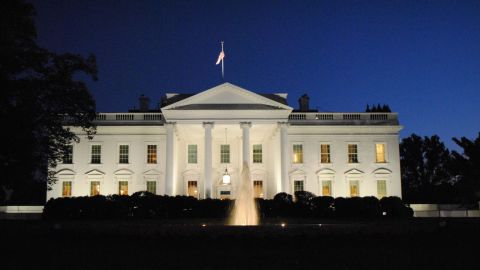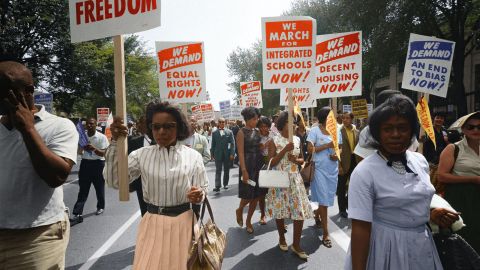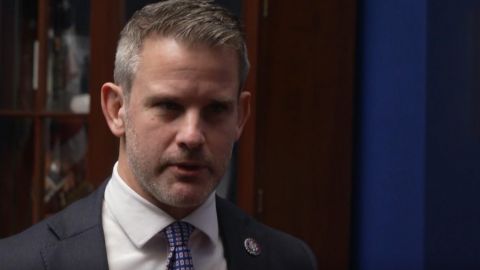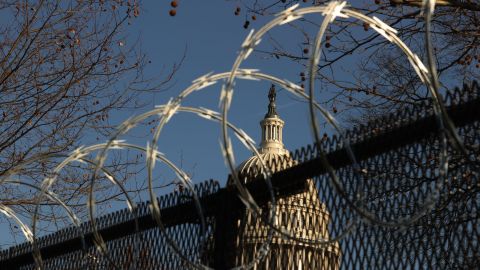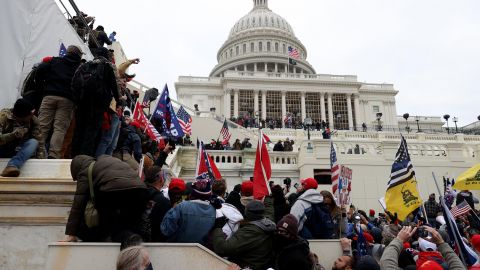- I think the first thing is to recognize
that democracy has been fragile for a long, long time.
I mean, you can go back in our history and remember that,
you know, the word democracy is not in the Constitution.
It's not in the Declaration of Independence.
The founders created a system
which had many undemocratic features,
whether it's the Electoral College, the indirect way
of electing the president, or a Supreme Court
that serves for life or at that time the Senate,
elected by the state legislatures.
Many groups had to fight for a long, long time
to gain participation in democracy.
Women, of course, could not vote
until the early 20th century.
African Americans could vote in Reconstruction
for a short period and then that was, you know,
their participation in democracy was taken away
for another century almost.
In other words, what we need to do is to somehow
recommit ourselves to the idea that we are all Americans,
that we all are entitled to an equal say
in the political system that governs us,
and that, you know, difference is something
to be embraced, not to be afraid of.
- It's definitely a long and winding road to democracy.
If you just look at the United States,
we like to say, "Well, we've been a democracy since 1776."
But from the point of view of Black Americans,
we've maybe been a democracy since the 1960s
when they finally had the right to participate
fully in political life.
And of course, we had the Civil War.
We had a lot of hiccups along the road to our own democracy.
And most countries had an even more
tortuous path to democracy.
I mean, France had the Third Republic starting in 1870
but we're now on the Fifth Republic,
which suggests of course that they've had a few more hiccups
along the road such as the Vichy regime,
such as the Fourth Republic,
such as Charles de Gaulle's basically coup in 1958.
And so yes and very few countries have had stable
democratic rule for a very long period of time.
Democracy can be very, very fragile.
- Democracy is an experiment and a messy one.
Each generation has to engage with essential questions,
existential questions really, about what does it mean
to be fair, to treat people fairly?
What does it mean to grant people access?
What does it mean to protect human rights?
What does it mean to question privilege
such that the equitable society that we seek to create
has a possibility to actually come into existence?
And at every stage, those who seek to protect
the status quo, those who seek to protect privilege,
those who seek to exclude others from privilege,
from access, push back.
There is always a pushback. There is always a resistance.
There is always an effort to preserve,
and I'm choosing that word carefully, the status quo.
I don't think we'll ever reach a utopian vision
of democracy where there aren't these tensions, right?
But I am hopeful that we will one day
live in a democracy where common humanity
is a grounding consensus principle
for the widest populations possible.
- We're actually one of the younger modern democracies.
That means there's a lot of fragility to this democracy.
It also means that there's a lot of possibility.
If we could have that incredible
breakthrough enfranchisement that happened
in the 1960s, we can do it again.
We can radically broaden the political community.
We can radically rethink what it means
to have a government of the governed.
But it has to be intentional. It has to feel urgent.
And it has to involve every single person.
- Unfortunately, democracy is fragile in several senses.
First of all, we have to rely on the honesty, transparency,
and just functioning of our democratic institutions,
like the voting process.
If we start fooling with the voting process,
if we make it more difficult for people to vote,
if we throw obstacles in their way,
then we're fooling with the psyche of the nation,
its trust in its institutions, its willingness to rely
on the functioning of our democratic institutions.
That is a very, very dangerous thing.
So it's fragile in that way.
It's also fragile in that it relies
on some measures of decency and truth.
So we start fooling with the truth
and claiming that elections are fraudulent
and that the system is rigged.
It goes right to the heart and the underpinning
and pulls the rug under the institutions
that we need to keep the country going forward.
- I think that for our country to become
a more perfect union and to rise above the strife
and divisions of the past and of today
will require some inspired political leadership
of a kind that we haven't seen in a while
but sometimes blesses us as Americans.
But it also asks something of us as citizens.
And one of the things that it asks of us as citizens
is a certain largeness of mind,
a willingness, no matter how strong our own
political beliefs are, and mine are quite strong,
to stop, put ourselves in other people's shoes,
and imagine how other people who are as well-meaning
as we are, who are as intelligent as we are,
can end up on the other side of these intents
and passionate debates, and thus have some respect
for one another, even if we continue
to have strong disagreements.
- We don't want just the veneer of a democracy.
We want an actual, high-functioning democracy,
not a democracy where outcomes are predetermined
by politicians, by redistricting, by the influx of money
into the political process.
Democracy must be powered by the people.
That is what a democracy is.
When people determine who represents them,
when people determine the laws that will govern their lives,
when people are making the decisions,
that is what a democracy is.
That is the demos.
That is what is the ideal for self-determination
of any country or any group of people.
And when we undermine that by limiting the right to vote,
by manipulating political processes,
by eliminating competition, we can call ourselves
a democracy but we really aren't one.
And the measure of a democracy is how many people
we include in it and how much voice
they have in actively determining outcomes.
- How will we reach a more perfect union?
Part of the answer to that question, believe it or not,
has to do with something that I think
the founding generation assumed.
They assumed from the very beginning that the government
that was going into play, this democratic republic,
was going to require mass public participation.
And oddly enough, despite all of the crises
we're going through right now, we have seen
really popular participation, public engagement
with politics, really pick up.
So strange as it is to say, there's something encouraging
about what's going on.
And that would help us get to a more perfect union.


